CJP walks fine line between PTI, state
Afridi suggests trial timeline; legal circles raise due process concerns
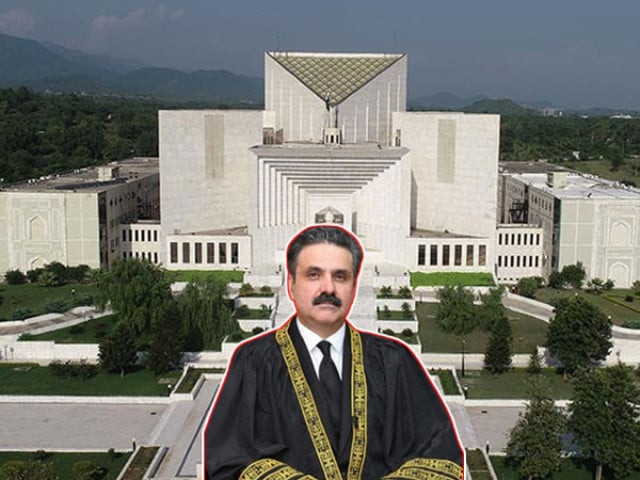
As the May 9 incidents remain the bone of contention between Pakistan Tehreek-e-Insaf (PTI) and executive authorities, Chief Justice of Pakistan (CJP) Yahya Afridi appears determined to walk a tightrope and maintain a balance between both sides.
A three-judge bench led by CJP Afridi is currently hearing government petitions seeking the cancellation of bail granted to PTI activists allegedly involved in the May 9 events.
Instead of proceeding directly on merit, CJP Afridi has offered the special prosecutor an alternative: to consult relevant quarters on whether the court should dispose of the bail matters by setting a three-month timeline for trial courts to conclude proceedings against the accused.
He also proposed that the accused persons be directed to join the investigation within the next seven days.
Special Prosecutor Zulfiqar Abbas Naqvi requested one day to consult on the proposal. The hearing will resume Tuesday (today).
However, for many legal experts, the real test lies ahead. They believe the judiciary must go the extra mile to ensure fairness and due process in trials related to the May 9 events.
According to them, courts have so far dropped the ball when it comes to upholding due process for PTI leaders and workers.
Senior politician Chaudhry Fawad Hussain – himself an accused in May 9-related cases expressed surprise that PTI-accused individuals had chosen to stay away from Supreme Court proceedings, with no lawyer present to offer an accurate account before the judges.
"The reality is that the May 9 cases represent a blatant misuse of the courts to undermine the rule of law. Judges have been harassed, yet the SCP under Qazi Faez Isa and later under the present CJP, has not even bothered to address their complaints," Fawad said.
He further noted that anti-terrorism courts have completely collapsed following the SC's refusal to uphold judges' rights. "Now, judges with questionable reputations have been appointed, and they are aggressively pushing these cases forward without due process."
"I am one of the accused. In Faisalabad, 23 witnesses have been recorded in the case against me, yet I have not received a formal charge or the investigating officer's (IO) statement that led to my nomination," he lamented.
"The situation is similar in Rawalpindi, where we remain unaware of the specific offences we are alleged to have committed, as neither a specific charge sheet nor a copy of the statement has been provided."
Fawad further pointed out that with such flawed proceedings, the SC's directive to conclude trials within three months only suggests a push for military court-style convictions.
A debate is now gaining traction over whether CJP Afridi will succeed in keeping the balance between PTI and state institutions. He is known for prioritising arbitration and reconciliation among parties during case adjudication.
However, following the 26th Amendment, the powers of the chief justice have been clipped. Moreover, CJP Afridi is not part of the constitutional bench.
While he still holds the authority to interpret the law and constitution, the executive appears content with his current approach, especially as he has not obstructed the appointment of government-backed nominees to the superior judiciary.
Despite the CJP showing intent to expedite the disposal of May 9-related cases, PTI has already filed a petition seeking the formation of a judicial commission to investigate the authenticity of the events that transpired on that day.
However, CJP Afridi upheld the judicial order issued by then Lahore High Court (LHC) Chief Justice Malik Shahzad Ahmad Khan, which had rejected the government's application seeking the transfer of the ATC judge.
It has also emerged that CJP Afridi is holding key meetings concerning the evolving political situation in Balochistan. Supreme Court Bar Association President Mian Rauf Atta also met with him on the same issue.


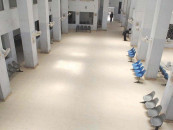
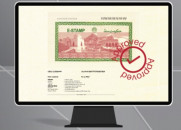
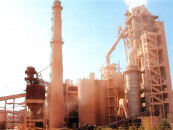

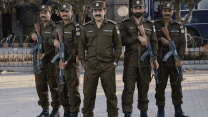
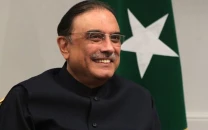


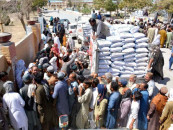













COMMENTS
Comments are moderated and generally will be posted if they are on-topic and not abusive.
For more information, please see our Comments FAQ